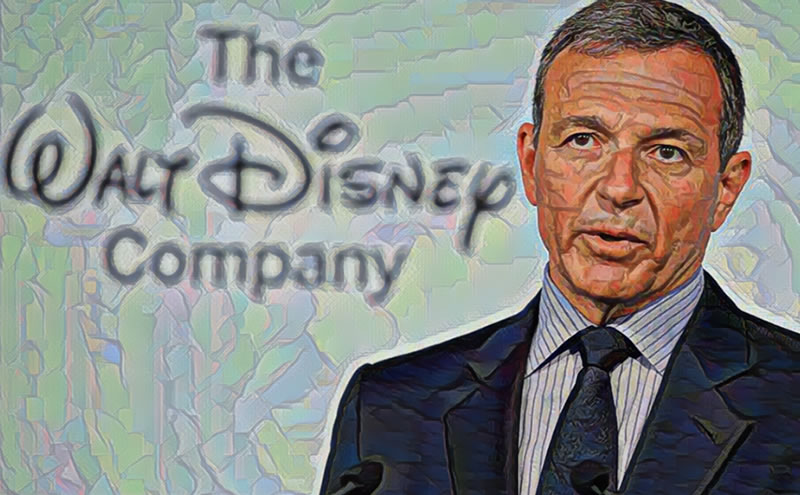In a recent interview with CNBC, the CEO of Walt Disney Company (NYSE: DIS) shed light on his decision to delay retirement and continue steering the company amid various industry challenges and internal disruptions.
Bob Iger, who had initially left the company for a brief 11-month retirement, was coaxed back to Disney by the board of directors. He revealed that he had always maintained a deep-seated passion for Disney, having started his career there back in 1974. This enduring devotion to the company and its workforce is, in part, what drove him to accept the invitation back to Disney.
The media giant has faced several significant challenges, ranging from self-inflicted problems to larger, industry-wide shifts. Some of these disruptions, like the COVID-19 pandemic, have hit certain branches of the business particularly hard. Despite substantial progress during his seven-month tenure since returning, the CEO concedes that there is much work still to be done. The initial two-year timetable set by the board proved to place undue pressure on the company, prompting the extension.
Among the challenges faced by Disney are the impacts of the pandemic on its animation and studio businesses, and the increasing demand for content by its streaming platforms. The CEO acknowledged that the company's ambition to grow its content significantly for streaming services resulted in overtaxing personnel, leading to dilution of focus and some creative misses.
While Iger recognized that the situation at Disney Animation is far from ideal, he remains optimistic about the company's ability to bounce back, drawing upon Disney's century-long history of overcoming hurdles and achieving resounding success.
He further stated that while the disruptions in the company's traditional multi-channel ecosystem have been more substantial than anticipated, he remains excited about the opportunities this presents. He also mentioned his belief in the future of Disney's parks and resorts business, despite the challenges posed by the pandemic.
Additionally, he recognized the changing landscape of content consumption, where audiences expect new releases to be available on streaming platforms soon after their theatrical release, a dynamic that has affected box office performance. He cited the recent underperformance of Disney Animation features as partly due to audiences expecting the films to be available quickly on streaming services.
Bob Iger concluded that despite these challenging times, his faith in the company remains unshaken. He views the current trials as an opportunity for transformation and growth, a sentiment that is likely to reassure stakeholders in the venerable entertainment company.
For Disney investors, patience may well be a virtue during these transformational times. The company's legacy, coupled with its commitment to embrace change and innovate, forms a compelling case for enduring confidence in the Magic Kingdom's financial future. It is clear that Disney, a company that has stood the test of time, remains committed to reinventing itself for the challenges and opportunities of a rapidly evolving entertainment landscape.

















Rate this article